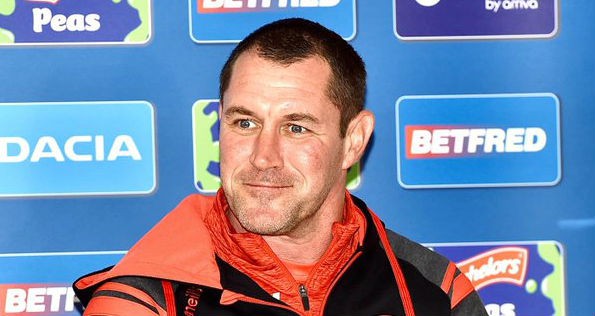 1. Kristian Woolf used to be a teacher.
Current St Helens coach Woolf started his coaching career in 2002, as assistant coach of Townsville Brothers in the Townsville & District Rugby League competition. That came after just two years as a professional player with Souths Magpies in 1996 and 1997. At the same time, he was working as a teacher
1. Kristian Woolf used to be a teacher.
Current St Helens coach Woolf started his coaching career in 2002, as assistant coach of Townsville Brothers in the Townsville & District Rugby League competition. That came after just two years as a professional player with Souths Magpies in 1996 and 1997. At the same time, he was working as a teacher The Self-Isolation Chronicles: St Helens
 1. Kristian Woolf used to be a teacher.
Current St Helens coach Woolf started his coaching career in 2002, as assistant coach of Townsville Brothers in the Townsville & District Rugby League competition. That came after just two years as a professional player with Souths Magpies in 1996 and 1997. At the same time, he was working as a teacher
1. Kristian Woolf used to be a teacher.
Current St Helens coach Woolf started his coaching career in 2002, as assistant coach of Townsville Brothers in the Townsville & District Rugby League competition. That came after just two years as a professional player with Souths Magpies in 1996 and 1997. At the same time, he was working as a teacher 